In a significant development for the automotive industry, President Donald Trump is considering exempting automakers from specific tariffs. This news was confirmed by the White House following a report from the Financial Times. The potential tariff relief comes amid growing pressure from the auto industry over new levies set to take effect soon.
The Current Tariff Landscape
Currently, automakers and manufacturers are facing a 25% tariff on steel and aluminum imports, 25% duties on imported vehicles, and an additional 25% on auto parts starting May 3. These tariffs have significantly increased production costs, putting financial strain on many suppliers and manufacturers. In response, several top auto policy groups have united to urge the administration to reconsider the upcoming tariffs on auto parts.
Potential Relief and Industry Reactions
The proposed modification would exempt auto parts imported from China from the upcoming tariffs. However, this exemption would be separate from the existing and scheduled 25% tariffs on imported autos and auto parts. After the White House confirmed the information, shares of major automakers and suppliers rose modestly in after-hours trading.
Despite this potential relief, the industry remains cautious. Automotive executives warn that stacking multiple tariffs will significantly increase production costs, and any potential exemption would offer only limited relief. The industry is waiting for additional clarity before making any major shifts.
Impact on the Automotive Industry
The automotive industry has been lobbying the Trump administration for some form of relief. Earlier this week, six of the top auto policy groups emphasized that many suppliers are already financially strained and unable to absorb further cost increases. The potential tariff relief could provide much-needed support to these suppliers and manufacturers, helping them manage production costs more effectively.
However, in a separate event, President Trump also floated the idea of increasing the 25% tariffs on imported vehicles from Canada. This move could counteract the potential benefits of the tariff relief on Chinese auto parts, adding another layer of complexity to the situation.
The consideration of tariff relief for automakers is a crucial development for the industry. While it offers a glimmer of hope, the industry remains cautious as it waits for further details and clarity. The potential relief could help alleviate some of the financial strain on suppliers and manufacturers, but the overall impact will depend on the final decisions and any additional measures taken by the administration. Stay tuned to AdvancedDealerSolutions.com for more updates and insights on this evolving situation.






